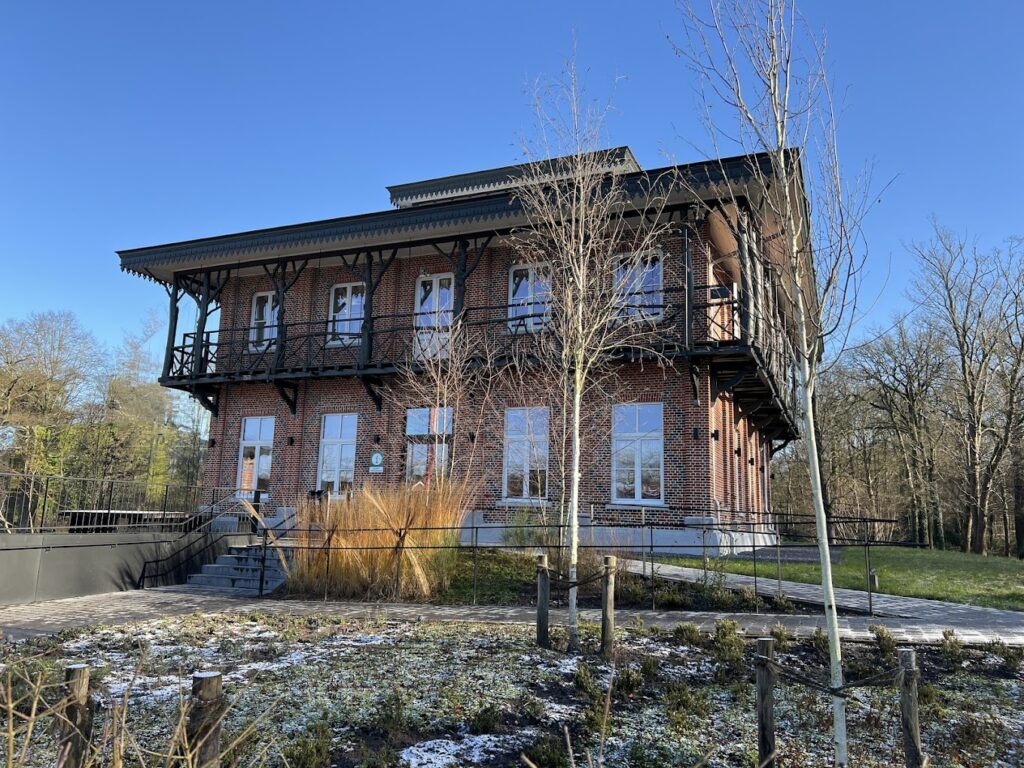
The exchange program taking place in Belgium and the Netherlands offers young history enthusiasts the opportunity to delve deep into the historical events that shaped our modern world, around the main theme of the exchange: Operation Market Garden.
Participants will engage in a variety of creative projects, including video production, podcast creation, and historical storytelling, enabling them to explore and express the human stories behind the conflict.
As the exchange traverses some of the places touched by the operation, participants will gain invaluable insights into the war’s legacy. This program isn’t just about learning history; it’s about bringing it to life through modern media. As a participant, you’ll work collaboratively with fellow participants, sharing perspectives and improving your skills in storytelling and digital media.
Whether you’re interviewing locals with personal stories to tell, capturing the essence of historical sites on film, or recording narratives and interviewing people for a podcast, you’ll contribute to preserving these vital memories for future generations. Join us in this educational adventure and be a part of a living history that continues to resonate today.
On the first day, participants will gather at the central station in the Dutch city of Eindhoven, from where we’ll travel to the Liberation Garden Museum in Leopoldsburg, Belgium. At this new museum, participants will have the time to explore the museum exhibition and to better understand the ‘Garden’ part (ground operation) of Operation Market Garden. After the museum, we’ll visit the Belgian and Commonwealth war graves nearby.

After our first night in the Youth Hostel in Eindhoven, we’ll travel by coach to National Monument Kamp Vught. In the permanent exhibition ‘Camp Vught: seven seasons and 32,000 stories’, visitors can explore the history of the Camp through personal stories and objects relating to people from up to 36 different nationalities. Special attention is paid to the roles people were forced, or not, to assume: that of victim, perpetrator, bystander and helper. Participants will have enough time to conduct their research: podcast and video creation as well as history writing. In the afternoon we’ll travel back to the same hostel as the previous night.

On day three the participants will travel by coach to the municipality of Berg en Dal, where the Freedom Museum is located. The Freedom Museum is situated in the middle of the former combat zone of Operation Market Garden and the Rhineland Offensive. Before the group pays a visit to the Canadian War Cemetery in Groesbeek, everyone will have enough time for research. In the afternoon, we’ll travel to a Youth Hostel in Arnhem for a free evening.

Day 4 is planned to visit Arnhem and its surroundings, as well as the Airborne Museum Hartenstein. The museum shows how the Battle of Arnhem unfolded. It took place in September 1944 in the area between Ede and Arnhem and was part of the Allied operation ‘Market Garden’. British, American and Polish airborne troops had to occupy the bridges over the rivers from the Belgian border to Arnhem. The museum is located in the former Hotel Hartenstein. This former hotel was the headquarters of the 1st British Airborne Division under the command of Major General Roy Urquhart during the Battle of Arnhem. The hotel was largely destroyed during WWII, but was restored after the war. After the museum visit and time for research, we’ll spend a free evening at the hostel.

The last day will focus on hiking on the Liberation Route trails: the perimeter route. This route describes the battle in Oosterbeek via different points of interest. One of those points of interest is the Airborne War Cemetery Oosterbeek, where the group will have a guided tour. Participants will be brought to the central station of Arnhem at the end of the day, where the program ends.

Sign up and join one of the exchange trips across Europe to keep the history of the Second World War alive!
© LRE Foundation - 2025